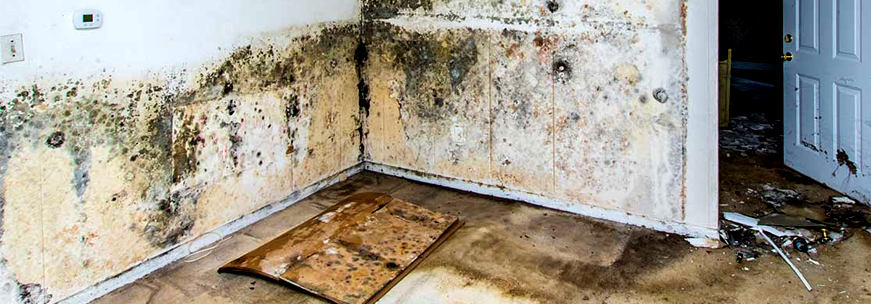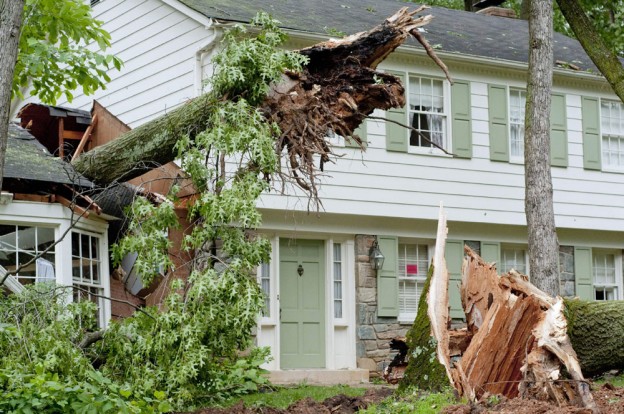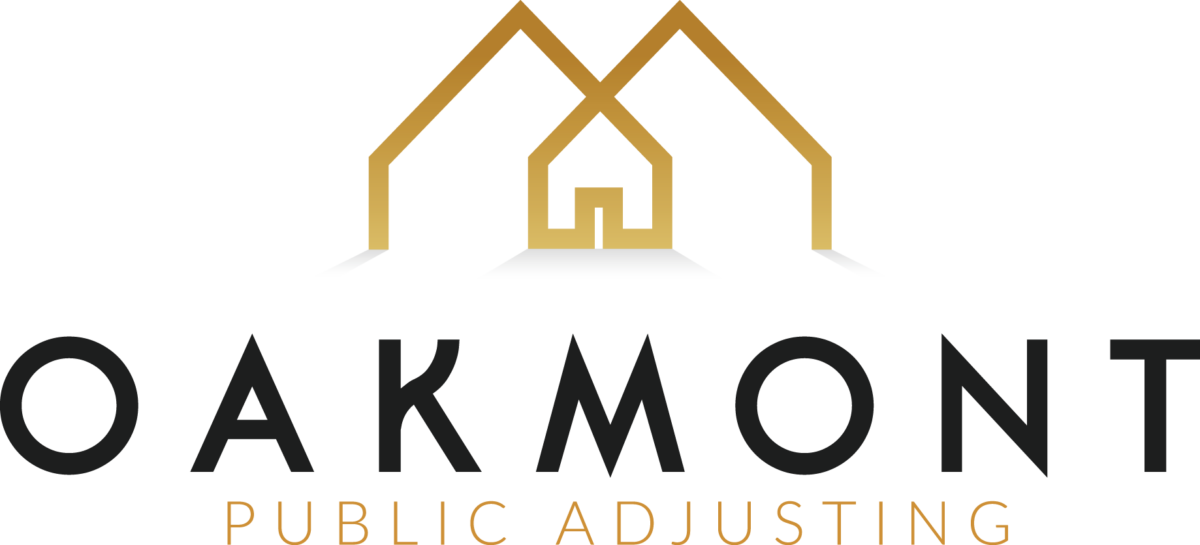Water Damage Claims
TYPES OF CLAIMS
Water Damage Claims
Common Causes of Water Damage
Water damage could not only affect the property; it could change lives. A simple roof leak could cause ongoing issues. In addition, underlying matters could arise such as mold. It is crucial that any water loss that is experienced is made known to a water damage public adjuster in Florida. The correct steps and determining the category could only be determined by the expertise of a public adjuster. Their actions would help ensure that the effects of the water damage do not cause further harm.
Only their expertise can determine which category the water loss falls under and the correct steps to take in order to ensure that the damage is taken care of properly and that there are no possible consequences.
Do not wait and put yourself in harm’s way.

Because it is the most common type of property damage present throughout the whole United States, water damage public adjusters are there to work alongside victims of these losses. Water damage can make your home inhabitable; it may destroy all of one’s belongings. The presence of water damage can leave underlying issues such as mold that can cause future health problems. Once an individual has suffered from water damage, it is critical that they contact an experienced water damage public adjuster that will be able to assess the full scope of their losses and even see if there are any underlying dangers present in their homes.
Advantages of using Water Damage public adjusters:
- Save time and hassle of going through the claims process yourself.
- Having an advocate who knows the policies, the law and the insurance carriers.
- Have someone fighting on your behalf fighting for every dollar that is rightfully yours.
- We work on a contingency fee basis so we only get paid when you do.
A hired adjuster will significantly diminish the time you spend dealing with claim-associated issues. Their expertise allows them to educate you on how policies are enforced and what that means for your settlement. Moreover, your adjuster will guide you on proper protocol for repairs and documenting expenses, even if your claim is denied.
Enlisting the help of a professional adjuster generally produces a faster resolution. Their prowess averts the repeated request for additional information. As a result, the process is hastened so that you can begin your renovations as soon as possible.

The Different Categories of Water Damage
When water is present in someone’s property, typically that damage will fall under a specific category. Those categories are used to determine what type of treatment and extent of damage was caused.
- Category #1: Category 1 in water damage is deemed to be “clean water,” meaning it does not pose a threat to anyone. Examples of this include, sink overflows, appliances like dishwaters that are broken, and more.
- Category #2: Category 2, also known as “gray water,” refers to water that may cause sickness because it has been contaminated. Some examples of this category include broken toilets, seepage, etc.
- Category #3: Category 3 is the worst type and most difficult to clean up. It is known as “black water.” It is often contaminated with extensive bacteria and can cause extreme health issues. Examples of this include sewage water leaking into homes or standing water that has become contaminated.
Determining which category an individual’s water losses fall under is essential to be able to acquire to correct treatment and repair of their homes. A skilled public adjuster that deals with water damage in Florida could analyze and determine the appropriate category that their client’s losses fall under.
Tips on How To Maximize Your Water Damage Claims
The nature of water damage can make the full scope difficult to quantify, resulting in frequently underestimated water damage claims. Our experience on water damage cases demonstrate our commitment to helping you get the settlement you deserve for any and all associated damage.
Use these insurance claim tips to help your claim stay on track:
- Request a certified copy of your insurance contract from your agent or insurance adjuster outlining your coverage, including mold provisions, limitations and your responsibilities. An experienced public adjuster can help you interpret policy language.
- Begin mitigation of the water damage, but do not begin restoration of your damaged property. Restoring your property should only begin after you and your insurance company have agreed to the exact scope of damage.
- Document all damage with photos or videos.
- Request that your insurance adjuster use moisture mapping technology, such as infrared or thermal imaging, to diagnose and document the extent of water damage. A public adjuster can accomplish this in the event that your insurance company does not.
- Obtain your own estimates to determine the true cost of restoring or replacing your damaged property. A minimum of three independent estimates from qualified general contractors should be obtained.
- Demand a written explanation from your insurance company in the event that your claim is not fully settled within 45 days of filing.
- Contact a trusted public insurance adjuster if your insurance company is not responsive, unhelpful or has asked you to submit a Proof of Loss form or any other document that may forfeit your rights.
CALL TODAY FOR A Free Inspection
Contact us today and hire one of our expert insurance appraisers for your free inspection and consultation.
